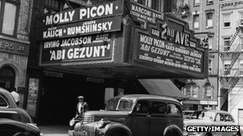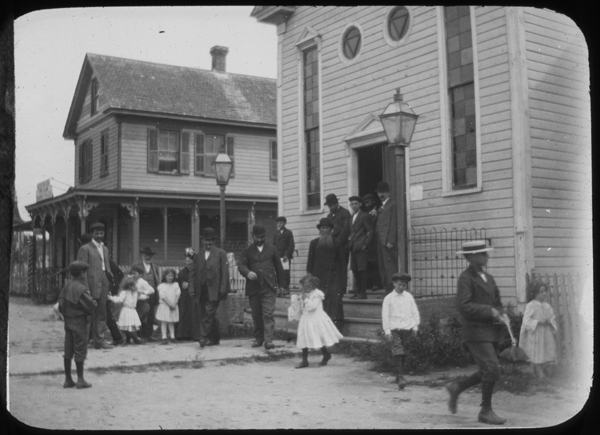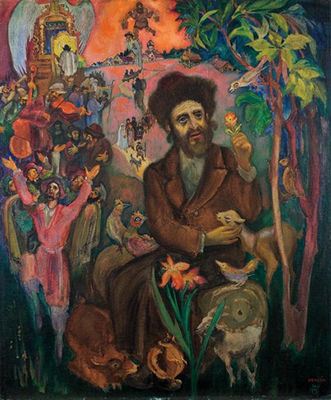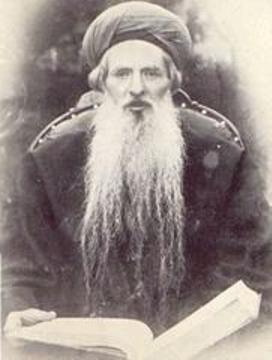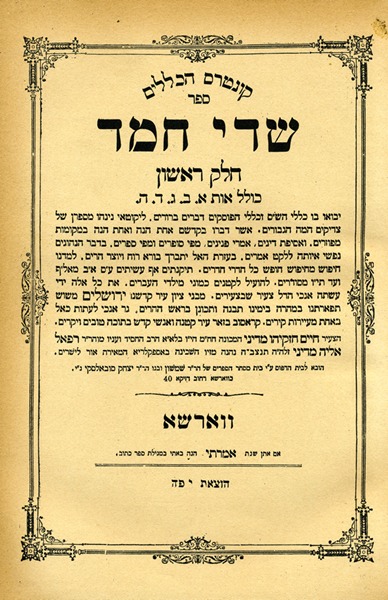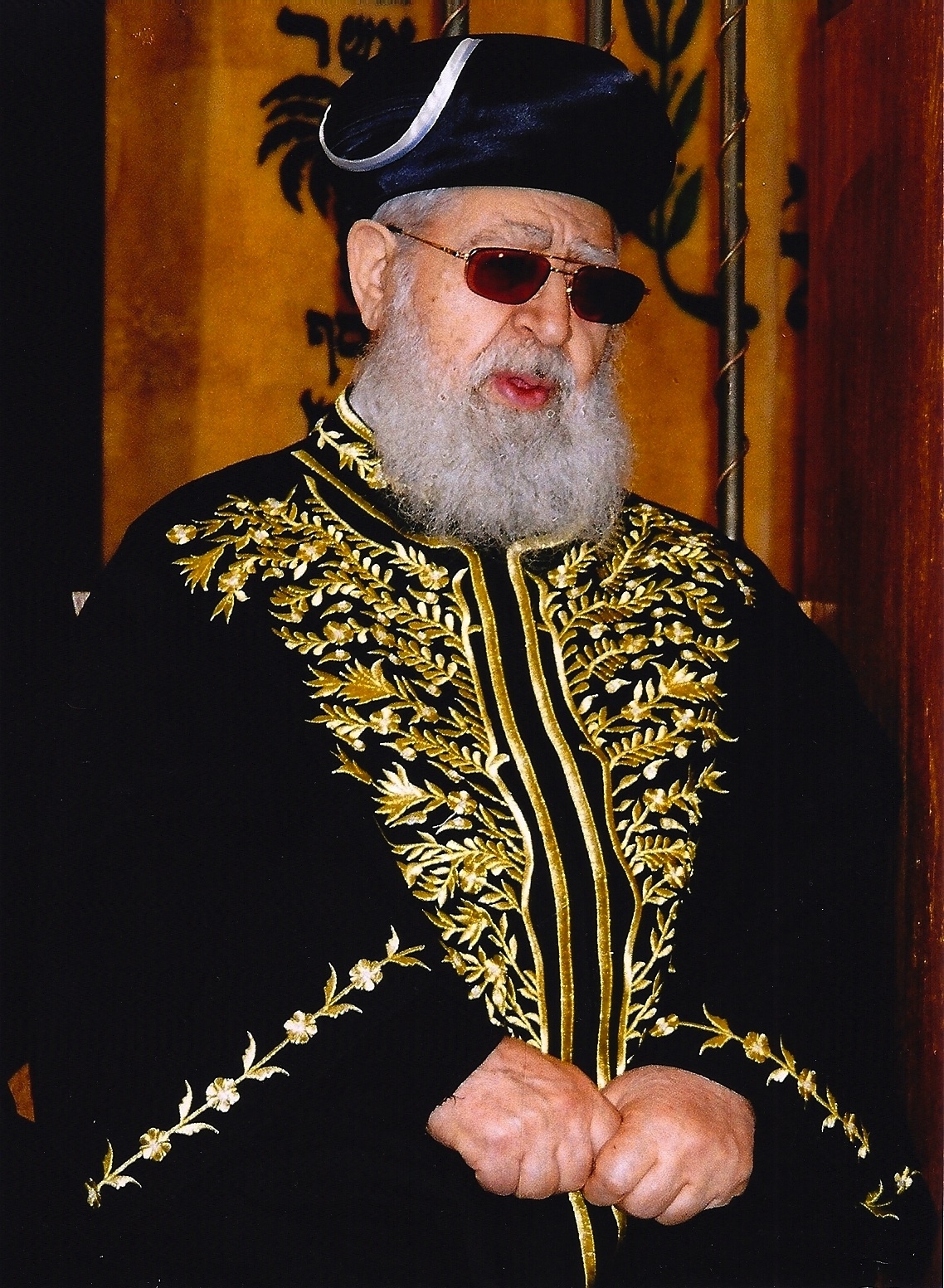
When the Chassidic Movement burst onto the Jewish scene in the mid-1700s it changed the face of Jewry. Among its many catalyzing elements were a series of ideas. For the most part, these were not so much new ideas as a new emphasis on ideas already extant in Judaism. Nevertheless, their impact was no less earth shattering.
One of the ideas that Chassidism introduced was the idea that evil is necessarily not all bad. One of the great philosophical problems is to explain how evil exists in a world created by God, who is all good and all powerful. One of the attempted answers is that what we think is evil is not really evil. It is an imperfect form of good that requires greater refinement; with work it will eventually become good.
The founder of Chassidism, the Baal Shem Tov, said that evil is the seat of good; good rests upon it. In other words, it is a necessary ingredient somehow in the process of human life. In evil itself there are many heavenly sparks that are covered and hidden. The righteous person is able to recognize and elevate those sparks, and therefore draw forth good even from evil. Consequently, the attitude of Chassidism – in its early revolutionary stage at least – was much more tolerant toward backsliding Jews. They saw the good sparks even in those “bad” Jews.
Rabbi Levi Yitzchok of Berditchev (1740–1809), one of the renowned Chassidic masters, became famous for this. For instance, the story goes, he once saw a Jew adorned with his prayer shawl and tefillin as he was greasing the wheels to his wagon. Someone remarked, “Look at that fool. He dresses in piety while he dirties himself with work.”
Rabbi Levi Yitzchok responded, “Look at that holy person. Even while greasing his wagon he is wearing his prayer shawl and tefillin.”

And there are many similar stories told about how Rabbi Levi Yitzchok always defended otherwise indefensible Jews and saw the good in every situation. He was not naïve that Jews did bad. Nevertheless, even in the bad that a fellow Jew did, he would strive to see the good. It was a life philosophy. King David in Psalms said: “Turn away from evil and do good.” That is typically understood as: first stop doing evil and then do good. Rabbi Levi Yitzchok interpreted it: “Take the evil and make good out of it.”
This was one of the major points of philosophic dispute between the Chassidim and their opponents, the Misnagdim. A major proponent of the latter, Rabbi Chaim of Volozhin, wrote very strongly against it; that it was a misrepresentation of the idea of evil in the world.


